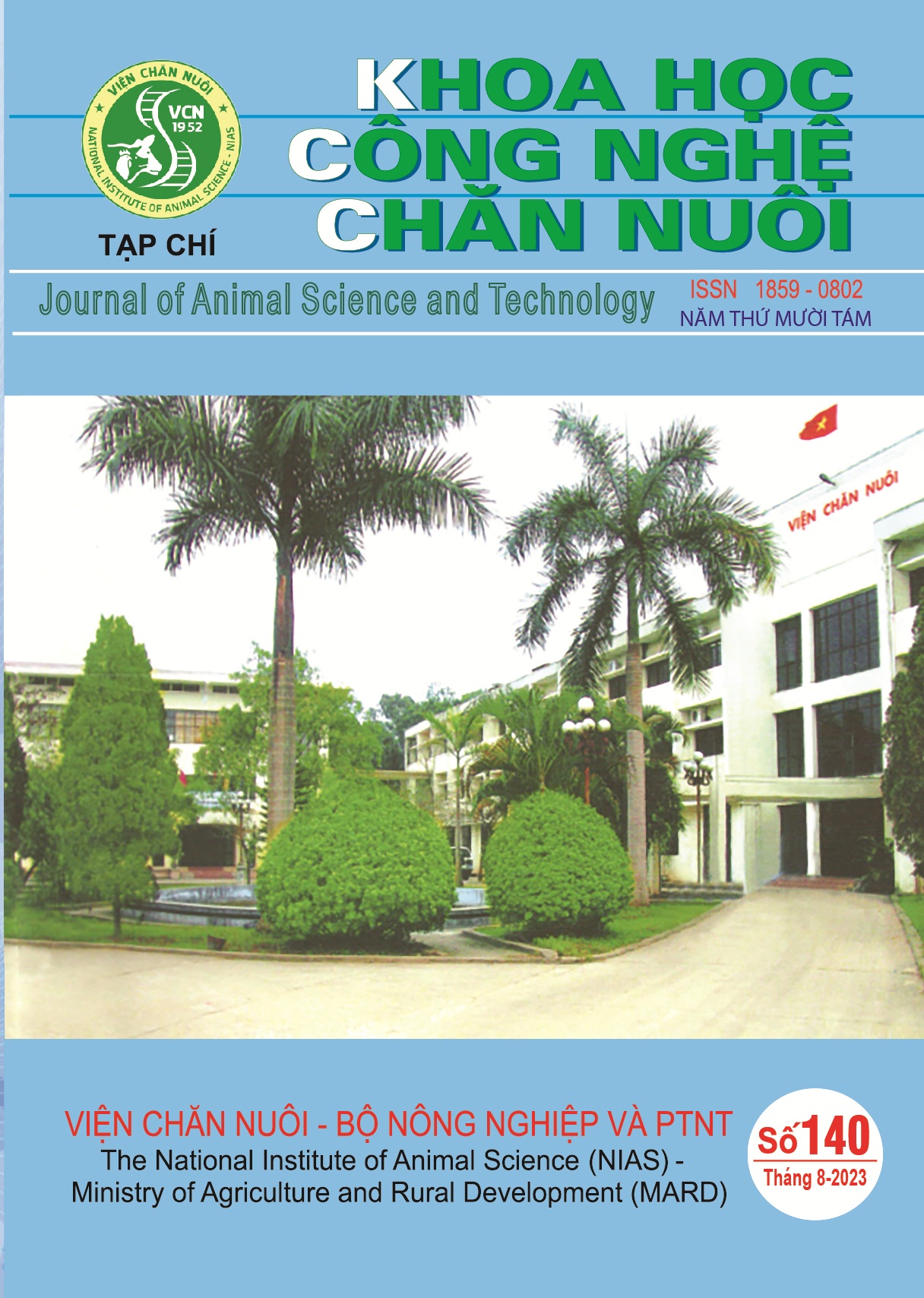Tannins in green forage affect the digestion of ruminants
Tannins are a complex group of polyphenolic compounds found in a wide range of plants commonly used as forage greens by ruminants. Tannins are considered to have adverse and beneficial effects depending on their concentration, nature, animal species, physiological state of the animal and the composition of the diet. The negative effect of tannins reduces feed intake, directly by the astringent properties of tannins and indirectly by reducing the digestibility of forage by livestock. Beneficial effects of tannins when forages containing low levels of tannins are ingested, may be due to the protection of proteins from microbial breakdown (VSV) thereby increasing the amount of undigested proteins. into the small intestine. In addition, a large amount of microbial biomass enters the small intestine as a result of microbial protein synthesis. Polyphenols or plants containing tannins reduce CH4, so it can be strategically used in diets to reduce methane (CH4) emissions from ruminants.

